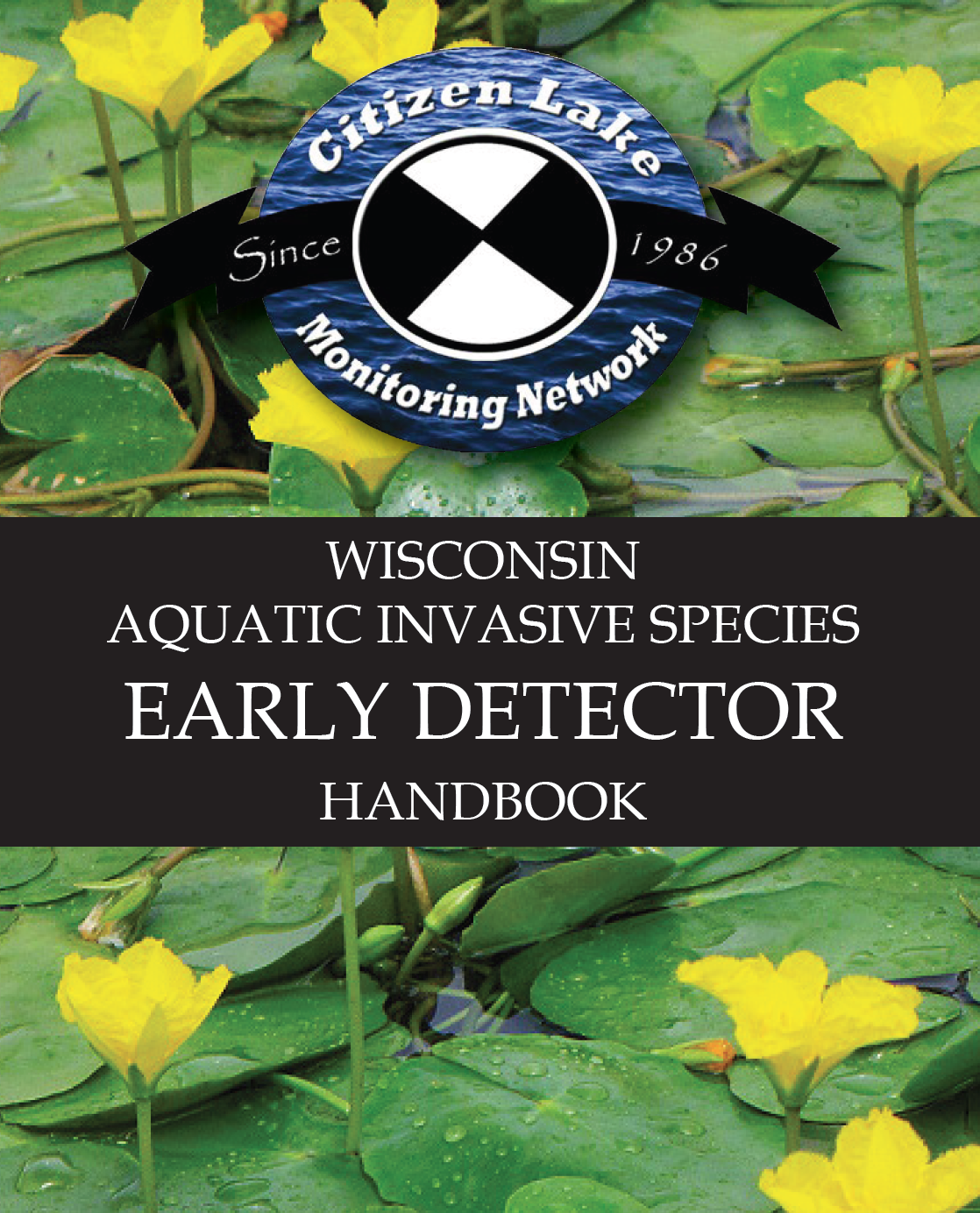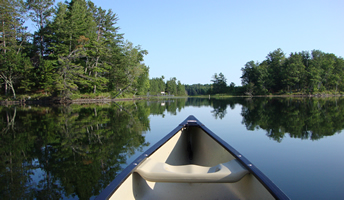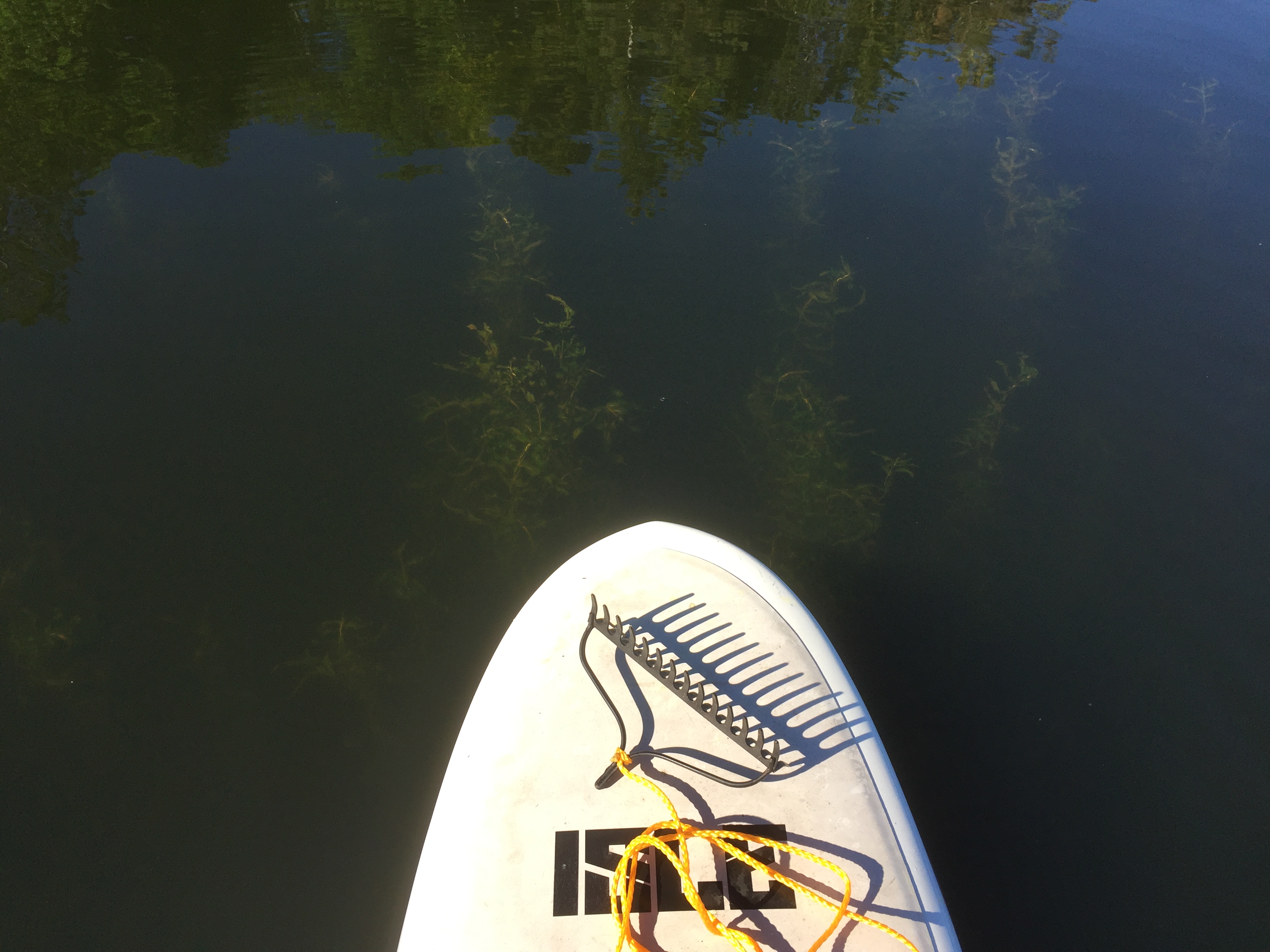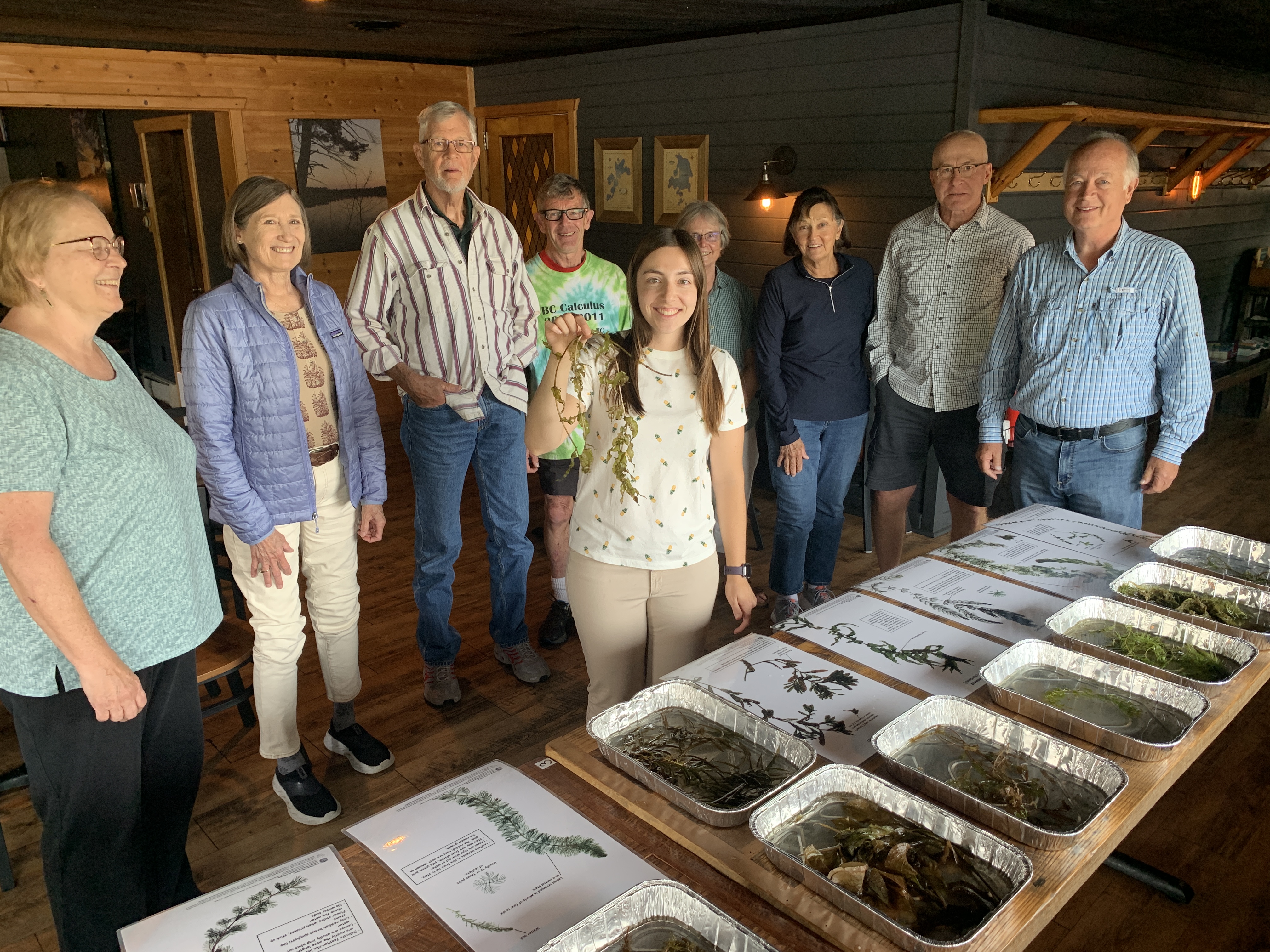LAKE MONITORING: Join our Frontline defense: become a lake monitor!

Early detection of Aquatic Invasive Species (AIS) is critical to the health of our chain of lakes. Aquatic invasives can have devastating effects on our lakes limiting boating, swimming activities, and reducing property values. Currently 30 households are involved but we are a large lake system, and we need your help. Volunteer to become a Lake Monitor and do what you already do on the lake in your boat or kayak – only with an educated eye toward invasives. It is only a 6-hour commitment per year, and it is Fun!
For information on how to become a lake monitor contact Dave Mickelson, Lake Monitor Coordinator, at 715-828-1878 or davemickelson51@gmail.com.
 VOLUNTEER LAKE MONITORING PROTOCOL FOR SPIDER CHAIN OF LAKES
VOLUNTEER LAKE MONITORING PROTOCOL FOR SPIDER CHAIN OF LAKES
SCLA lake monitors and residents are our eyes on and in the water. If you see ANY vegetation or aquatic creatures that appear 'unusual', please let us know by clicking here for SCLA's RAPID RESPONSE PLAN and contacting SCLA AIS & Water Quality Committee Dave Mickelson (715) 828-1878 or davemickelson51@gmail.com or Sawyer County AIS Coordinator (715-638-3266)
Lake Monitor training of volunteers is conducted annually. For your guidance, see the Wisconsin Aquatic Invasive Species Early Detector Handbook from the Citizens Lake Monitoring Network.
Pick a calm, sunny day for optimal underwater viewing. Mornings are usually an ideal time
Slowly paddle or row in areas in your monitoring section where water depths are 3-12 feet or wherever plants are growing. This may include areas out in the lake and not just near the shoreline. Multiple trips may need to be taken in each section.Bring a rake with a rope attached to collect suspicious looking plants. If you find a plant and are unsure of the identification, place it in a Ziploc bag with a little water. Then refer to the Rapid Response Plan for the next step. Make sure to mark the location on a map or mark the spot with a fishing buoy.



GPS units are available from Mary and Fred Kueffer (715-462-9480) if you find invasive aquatic plants to map
At a minimum, complete your shoreline surveys by July 6th and by Labor Day. The DNR suggests that we monitor for Eurasian water-milfoil several times per season from May to October as Eurasion water-milfoil begins growing early and keeps growing late into the fall.
Look for other things that strike you as out of the ordinary: plants, snails, freshwater jellyfish, zebra mussels, etc.
Click for the current SCLA Rapid Response Plan HERE.
